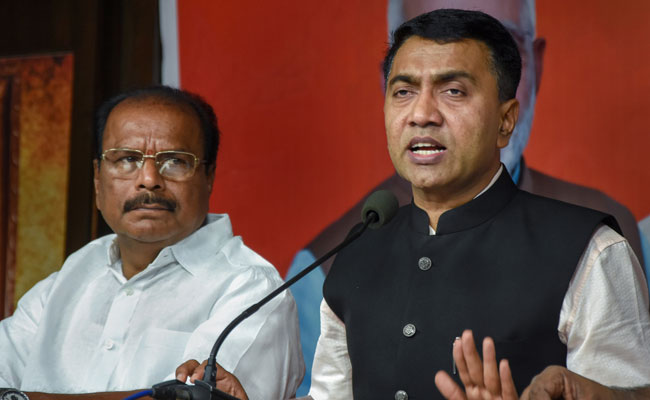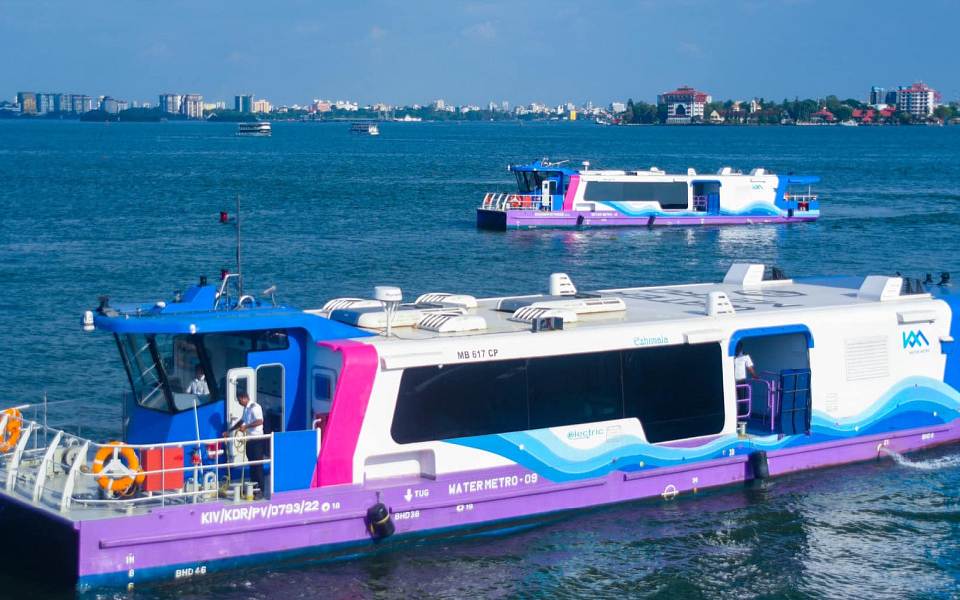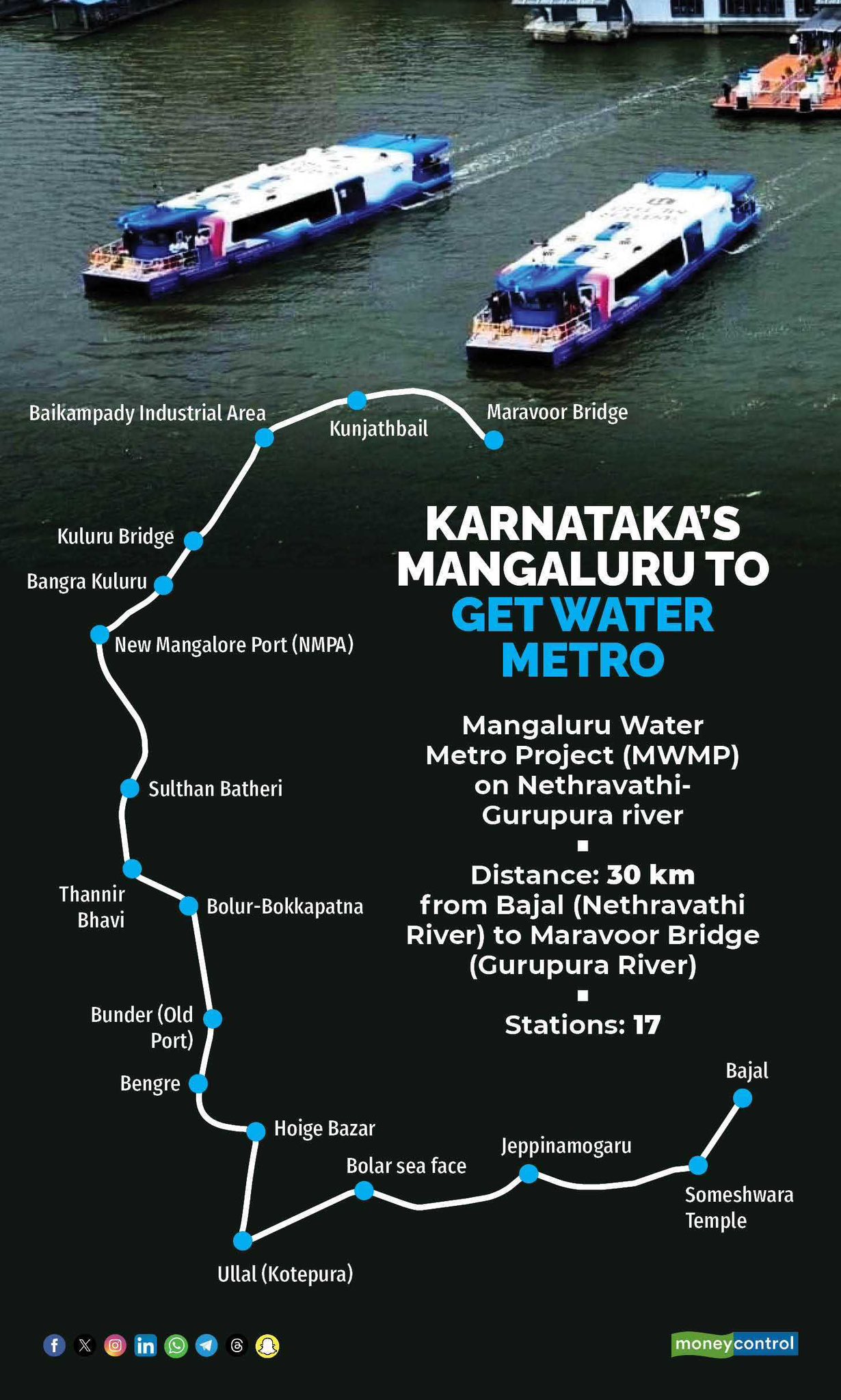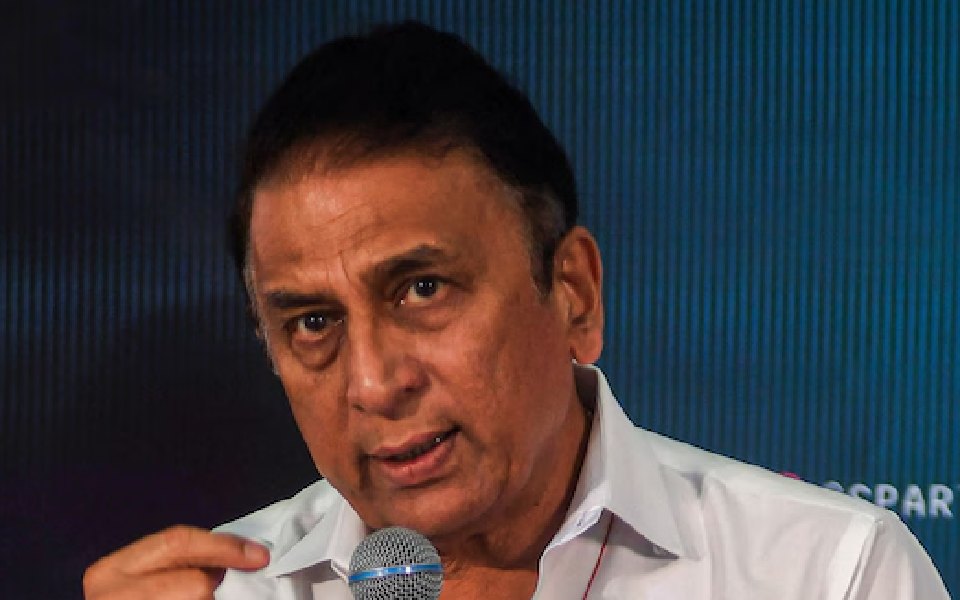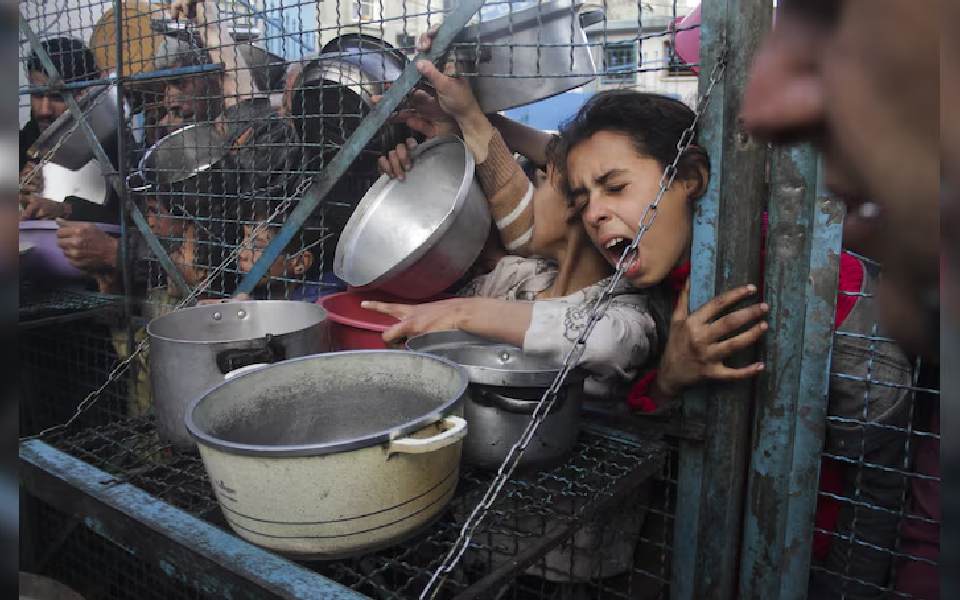Bhopal (PTI): Goa Chief Minister Pramod Sawant on Tuesday said Mughals, British and other rulers failed to wipe out the Sanatan Dharma from the country in the past, but eradicating it is now the agenda of the INDIA alliance, and hence Hindus need to wake up and show the opposition bloc its place.
Referring to Tamil Nadu minister Udhayanidhi Stalin's remark calling for eradication of Sanatan Dharma, and blaming it for promoting division and discrimination among people, he said the statement was a "planned" one.
Addressing a press conference at Gwalior, around 430 km from here, Sawant also said the 'one nation, one election' will ensure that the country develops at a faster pace as imposition of the model of conduct due to frequent elections creates hurdles in development at present.
When asked about the use of the name 'Bharat' during the G20 summit, the Goa CM said the name Bharat is already there in the Constitution and it is already being used everywhere since Independence.
"The United Progressive Alliance (UPA) changed its name to INDIA alliance, which is actually new wine in an old bottle. Changing the name does not change the policies and intentions. Their agenda is to eradicate Sanatan Hindu Dharma," he said.
Hence, it is necessary for every Hindu to oppose this alliance, he said.
"I don't even want to pronounce the words used by them for Sanatan Dharma. All Hindus should wake up and show them their place.
This is a pre-planned statement at the time of INDIA alliance meeting in Mumbai. He had brought this statement in writing," Sawant said, referring to Udhayanidhi Stalin.
"Even the Mughals, British, Dutch, Portuguese failed to wipe out the Sanatan Dharma and now the INDIA alliance and the Congress are talking about this. They (INDIA alliance and Congress) need to be eliminated," he said.
Apart from Stalin, another DMK leader A Raja criticised the Sanatan Dharma, likening it to diseases like leprosy and HIV.
Replying to a query, Sawant said, "I very much welcome the 'one nation, one election' (concept). I think there should be one nation, one election. This will further increase the progress of the country."
He was in Gwalior to participate in the 'Jan Ashirwad Yatra' being taken out by the ruling Bharatiya Janata Party (BJP) from five places in the state, where assembly elections will be held by this year-end.
"The imposition of the model code of conduct due to frequent elections creates a hurdle in development. The country will benefit greatly in terms of human and financial resources through one nation, one election," he said.
In reply to a question about the Congress's allegation of corruption in Madhya Pradesh, Sawant said, "Only scammers see scams."
He said the BJP governments present their report card before the public.
Sawant hailed Prime Minister Narendra Modi for his leadership, saying the G20 summit hosted by India was the most successful, which ensured consensus among the member countries on the joint declaration.
Let the Truth be known. If you read VB and like VB, please be a VB Supporter and Help us deliver the Truth to one and all.
Mangaluru (Karnataka), Nov 4: After being endowed with multi connectivity facilities like three national highways, port and airport, Mangaluru city is now looking at a significant move towards sustainable urban mobility as the Karnataka Maritime Board (KMB) has announced plans for the Mangaluru Water Metro Project (MWMP), officials said on Monday.
This ambitious initiative aims to transform public transportation in the state, utilising National Waterways to connect areas along the Nethravathi (NW-74) and Gurupura (NW-43) rivers, they said.
Set to become India's second-largest water transport system after Kochi, the project promises an eco-friendly, economical and efficient mode of travel, the officials said.
According to officials, the MWMP will connect isolated communities from Bajal to Maravoor, enhancing accessibility and promoting the holistic development of these regions. The initiative is expected to boost local livelihoods and improve the standard of living through integrated transport networks.
According to the project report available with PTI, the MWMP will be rolled out in phases, with the initial stretch covering 30 kilometres along the Nethravathi and Gurupura river backwaters.
The priority route, beginning at Bajal on the Nethravathi and extending to the Maravoor Bridge on the Gurupura, will feature around 17 modern Metro stations.
Key locations such as Someshwara Temple, Ullal and the New Mangalore Port are included in the proposed route. State-of-the-art electric and diesel catamaran boats will be deployed, equipped with essential amenities to ensure a high standard of comfort and operational efficiency.
A comprehensive Feasibility Report (FR) will assess the project's viability, presenting a detailed cost-benefit analysis, market potential, operational strategies and environmental considerations.
"The report will objectively evaluate the project's merits and challenges, providing crucial information for decision-makers, stakeholders and investors," they said.
Officials in the port and fisheries subdivision told PTI that key areas of analysis has been based on assessing the potential to decongest old port areas, exploring the feasibility of cargo movement using Roll-on/Roll-off (Ro-Ro) water metros, examining water level variations influenced by tidal flows, integration with feeder services to ensure seamless last-mile connectivity, demand forecasts over a 25-year period, based on extensive socio-economic research of usage and utility of the MWMP.
The project's Terms of Reference (ToR) emphasise sustainable development, involving thorough site identification, user demand assessments and environmental impact studies. Comprehensive surveys such as LIDAR mapping, bathymetric studies and topographical analysis will ensure accurate planning and implementation, the officials told.
Furthermore, technical collaborations with national institutes of repute will support studies on wave tranquillity, vessel height clearance and infrastructure recommendations for jetties and repair facilities, they said.
A detailed environmental monitoring programme will assess air and water quality, noise levels and aquatic biodiversity in line with Ministry of Environment, Forest, and Climate Change (MOEF&CC) guidelines, the officials added.
The officials of the Maritime Board said the MWMP promises significant economic and environmental benefits, from easing traffic congestion to reducing air pollution. The project will also explore non-fare revenue streams and develop models to ensure financial sustainability.
A socio-economic impact assessment will measure the project's contribution to regional development, backed by projected revenue from passenger fares and ancillary services, a senior official said.
The Board also aims at championing cleaner and greener transportation and to set a precedent for sustainable urban mobility, positioning Mangaluru as a progressive city that leverages its waterways, he added.

